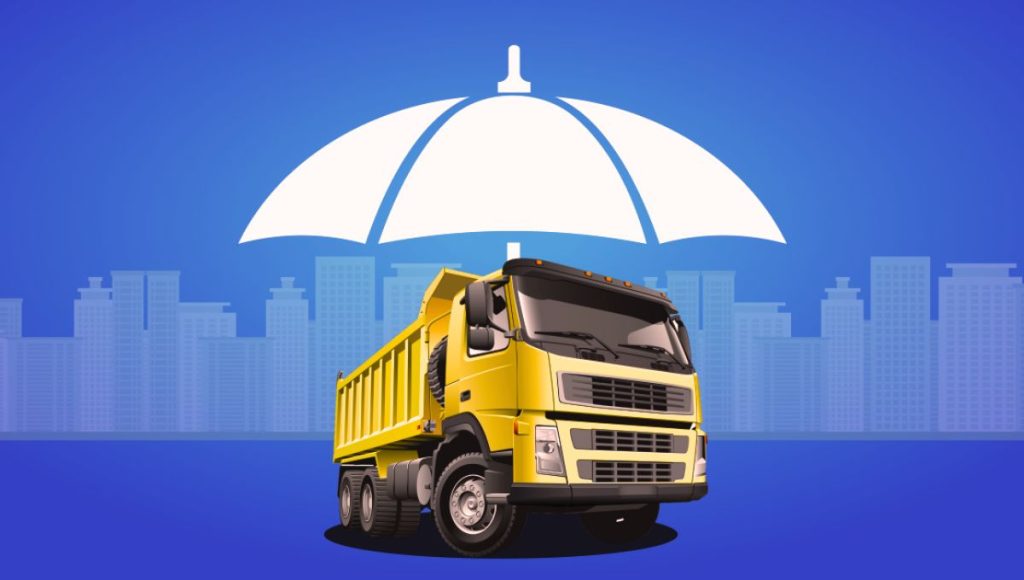Why Commercial Vehicle Insurance Matters
If you run a business that relies on vehicles, getting the right commercial vehicle insurance is non-negotiable.
Whether you own a fleet of delivery trucks, service vans, or rideshare cars, having comprehensive coverage ensures financial security in case of accidents, theft, or damages.
But how do you find the best policy without overpaying? Let’s dive into expert-backed strategies to optimize your coverage while keeping costs low.

1. Understand the Basics of Commercial Vehicle Insurance
Commercial vehicle insurance differs from personal auto insurance because it covers business-related risks. Here’s what it typically includes:
- Liability Coverage – Covers bodily injury and property damage if your driver is at fault.
- Collision Coverage – Pays for damages to your vehicle regardless of fault.
- Comprehensive Coverage – Covers non-collision damages like theft, vandalism, or natural disasters.
- Medical Payments (MedPay) – Covers medical expenses for you and your employees.
- Uninsured/Underinsured Motorist Coverage – Protects against drivers who lack sufficient insurance.
- Hired and Non-Owned Auto Insurance (HNOA) – Covers rented or employee-owned vehicles used for work.
Knowing these coverages helps you determine what your business truly needs and avoid paying for unnecessary extras.
Important Data:
According to the National Highway Traffic Safety Administration (NHTSA), commercial vehicle accidents cost businesses over $60 billion annually in damages, lawsuits, and lost productivity.
2. Assess Your Business’s Unique Insurance Needs
Not all businesses require the same level of coverage. Consider:
- Type of Vehicles – A food truck has different risks than a semi-truck.
- Driving Distance – Long-haul trucking poses higher risks than local deliveries.
- Cargo Type – Hazardous materials need specialized insurance.
- Number of Drivers – Policies should cover all employees using company vehicles.
For instance, a landscaping company with several work vans will need higher liability limits than a freelancer using a single pickup truck.
3. Compare Multiple Insurance Providers
Never settle for the first quote! Shopping around helps you find the best coverage at competitive rates. When comparing insurers:
- Check customer reviews for claim processing efficiency.
- Ensure the provider specializes in commercial policies.
- Ask about bundling options (e.g., combining commercial property insurance for discounts).
- Verify their financial strength rating (A.M. Best, Moody’s, or Standard & Poor’s ratings can help).
Some reputable commercial vehicle insurers include Progressive, GEICO, Nationwide, and State Farm.
Important Data:
Research from the Insurance Information Institute (III) shows that businesses that implement telematics and GPS tracking reduce accident-related costs by up to 30%.
4. Optimize Your Policy for Maximum Savings
Want to cut costs without sacrificing coverage? Use these proven strategies:
Increase Your Deductible
Higher deductibles lower your premium. Just ensure you can afford the out-of-pocket costs if you file a claim.
Leverage Safety Programs
Many insurers offer discounts for businesses implementing:
- Driver safety training
- GPS tracking and telematics
- Anti-theft and dashcam systems
Bundle Policies
Consider combining commercial auto insurance with general liability, workers’ comp, or business property insurance for multi-policy discounts.
Maintain a Clean Driving Record
Insurers reward businesses with accident-free histories. Regularly screen and train drivers to minimize risks.
5. Understand Policy Exclusions and Fine Print
Many businesses overlook exclusions, leading to unexpected claim denials. Common exclusions include:
- Intentional Damage – Any harm caused deliberately isn’t covered.
- Unauthorized Drivers – Only listed drivers are insured.
- Personal Use – Using a company vehicle for personal errands may void coverage.
- Overloaded Vehicles – Exceeding weight limits can nullify claims.
Always review policy details and clarify doubts with your agent.
6. Keep Your Policy Updated
Businesses evolve, and so should your insurance. Regularly update your policy if:
- You add new vehicles to your fleet.
- You hire additional drivers.
- Your business expands into new territories.
Failing to update coverage can result in claim denials or gaps in protection.
7. Take Advantage of Tax Deductions
Did you know commercial auto insurance is tax-deductible? The IRS allows businesses to deduct premiums as operating expenses. Consult a tax professional to maximize savings.
Final Thoughts
Finding the best commercial vehicle insurance requires research, customization, and proactive management. By assessing your needs, comparing providers, optimizing savings, and keeping your policy updated, you can secure the right coverage without breaking the bank.